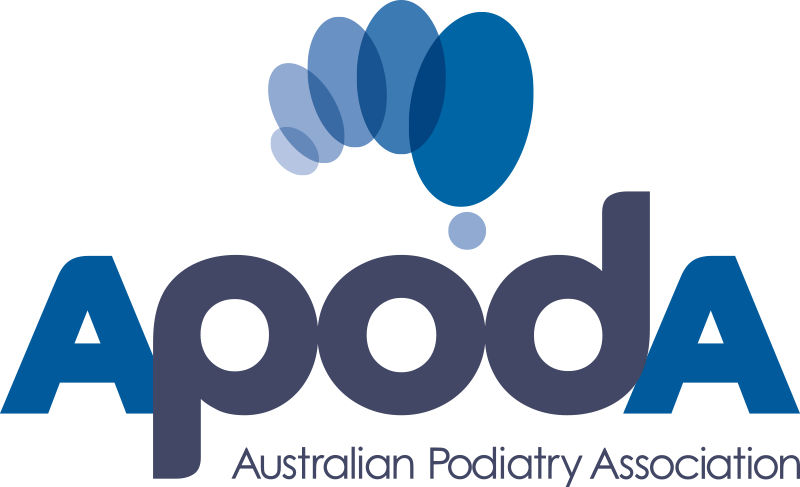

Amy Schonewille, Podiatry Team Leader in the Allied Health Department at the Central Australian Aboriginal Congress Aboriginal Corporation (Congress), explains more about what Congress is, its benefits, and why a larger Aboriginal workforce is needed in the podiatry sector.
I work at Congress in Alice Springs as a podiatrist. The place you may know as Alice Springs is located on Central Arrernte Country. The Arrernte name for Alice Springs is Mparntwe.
Learning about place is one of the many things that makes me a more culturally responsive podiatrist and it enables me to practice Aboriginal ways through my work. For this article, I will therefore use the name Mparntwe, just like I do at work and around town.
This year Congress celebrates 50 years of Aboriginal Community Control and is the largest Aboriginal Community Controlled Comprehensive Primary Health Care Service (ACCHO) in Australia. The organisation is governed by its membership and board, made up of Aboriginal community members. Congress’ role is to provide support and advocacy for Aboriginal people in the struggle for justice and equity at this time, and continue to do so.
Congress provides a comprehensive, holistic and culturally responsive primary health care service to Aboriginal people living in and nearby to Mparntwe, including remote communities such as: Amoonguna, Ntaria (Hermannsburg), Wallace Rockhole, Ltyentye Apurte (Santa Teresa), Utju (Areyonga), Mutitjulu, Imanpa, Kaltukatjara (Docker River) and Yulara.
Today, Congress is one of the most experienced Aboriginal primary health care services in the country, a strong political advocate of closing the gap on Aboriginal health disadvantage, and a national leader in improving health outcomes for Aboriginal people.
Congress is a large employer of Aboriginal community members, who work in all facets of the organisation. This includes health service roles like GPs, Aboriginal Health Practitioners, Nurses, and importantly, in key leadership roles.
One of the big picture goals behind the work we do is to provide opportunities in a safe and supportive space for Aboriginal people to take up roles in healthcare to bring health benefits to their people on Country; this aligns with – Congress’ mantra ‘Aboriginal health in Aboriginal hands’.
Aboriginal Allied Health Assistants (AHA) pathways currently exist at Congress. These involve local people working through on the job training at Congress whilst completing theoretical modules at Charles Darwin University (CDU).
One AHA role in particular is focused on increasing the Aboriginal health workforce in the foot care assistant space. This has the net benefit of increasing the Aboriginal health workforce, supporting colleagues, and if they wish, to be able to continue on to further podiatry studies.
The current pathway to become a podiatrist in the Northern Territory isn’t as easy as it could be; the nearest university offering podiatry is interstate. This means prospective podiatry students must leave family and local culture behind, and is a major barrier to building an Aboriginal and Torres Strait Islander podiatry workforce.
Congress is exploring local training opportunities to make it easier for people to study podiatry and to remain on Country while studying. This would help workforce issues in that current employees could remain working, developing skills and providing care whilst developing their clinical scope of practice. That’s the long-term goal.
The process of building our Aboriginal workforce is self-perpetuating. If we increase Aboriginal employment in healthcare in Mparntwe, then community members not only feel safer engaging in healthcare, but also benefit from a sense of Aboriginal Community Control, as they’re working for and with Aboriginal people. It makes such a positive difference to have local Aboriginal people in these roles and this is a proven factor in community members using ACCHOs instead of mainstream services.
In addition to growing our Aboriginal workforce, our strategic plan also identifies which priorities to focus on, such as action on ill health, as well as providing treatment, prevention and health promotion for those impacted by chronic disease. These areas guide the Congress Podiatry team and the work we do.
It’s about more than just having support for the person being treated. By encouraging and supporting a greater local Aboriginal workforce it enables local people to stay close to home, close to services, close to culture, and close to family.
This is everything, and everyone benefits.
© Copyright 2021 The Australian Podiatry Association
